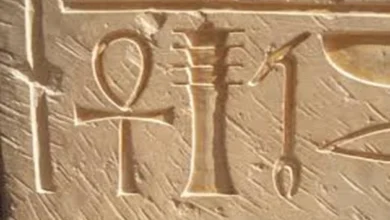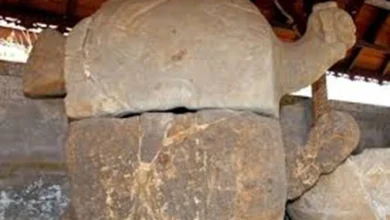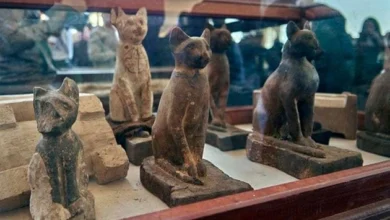Ancient Greek athletes: how did they achieve such an athletic body
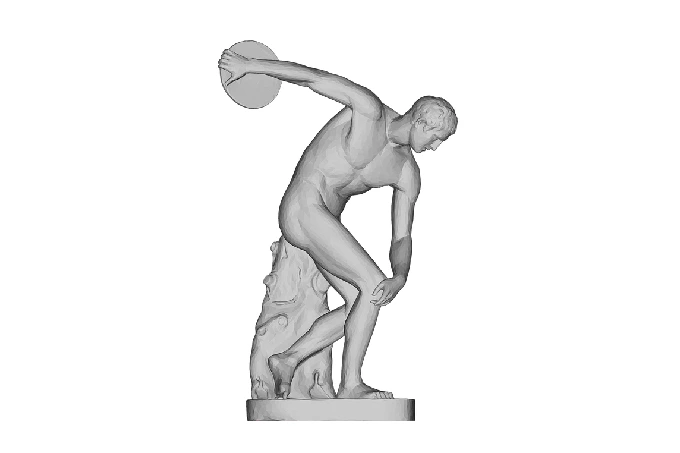
If you look at the paintings and images on clay vessels of ancient Greece, you’ll see a lot of tales about men with athletic figures that even regular training adore. But how did they manage to build such bodies without even the most basic sporting equipment available today? They just created several ways that enabled them to generate a harmoniously formed body without the use of simulators.
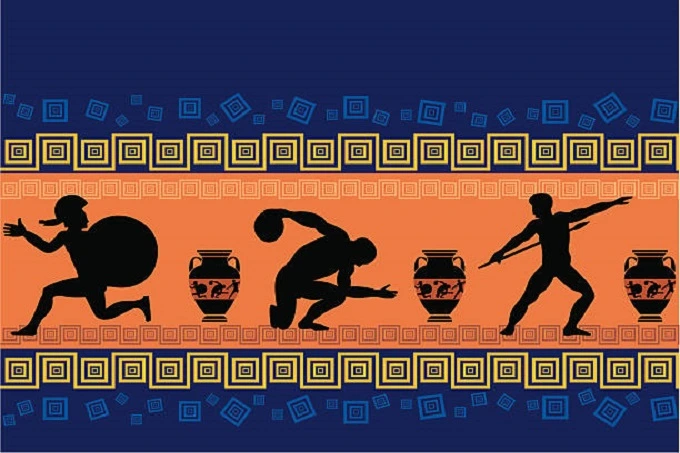
They trained as if their lives were at stake
Athletes nowadays train for fun or to meet the requirements of themselves or others. However, such feelings were unimportant in ancient Greece. The Greeks trained and battled with fury, as though ready to crush the opponent, especially in pankration, a kind of mixed martial arts in which the only rules were a ban on eye-gouging and bites. There have been instances when two athletes competed so fiercely that one of them died from injuries or suffocation before the contest ended.
Yes, the Greeks exercised to be ready for everything and all, not to show off a mountain of muscles and get jealous looks from other men and seek looks from women. If an ancient Greek athlete was lazy, he might easily fall victim to the brutal games of the day. The Greeks were known as strong and stubborn fighters who could single-handedly defeat multiple armed opponents owing to such training.
On the sand, they increased their speed, strength, and endurance
If we’re talking about amateur athletes, they now train on hard surfaces. Professionals prefer soft rubberized coverings that give more cushioning. This, when used with orthopedic shoes, produces stunning outcomes.
The Greeks, on the other hand, lacked that. They held races on sand rather than on a hard surface to improve speed, strength, and endurance. The looser it was, the more difficult the training got. Athletes often wore military armor to complicate the classes further. These contributed to the States achieving exceptional achievements in the competitions.
It was important not just for sporting victories but also for military victories. As a result, Hoplites, Greek foot soldiers, could quickly catch up with opposing infantry and avoid enemy archers’ shelling.
You may even practice on the sand, which is more beneficial than training on a hard surface. At the very least, the strain on the joints is reduced. Furthermore, compared to hard surfaces, the instability of the surface increases the demand for little-used tiny muscles, resulting in a 1.5-fold increase in calorie consumption.
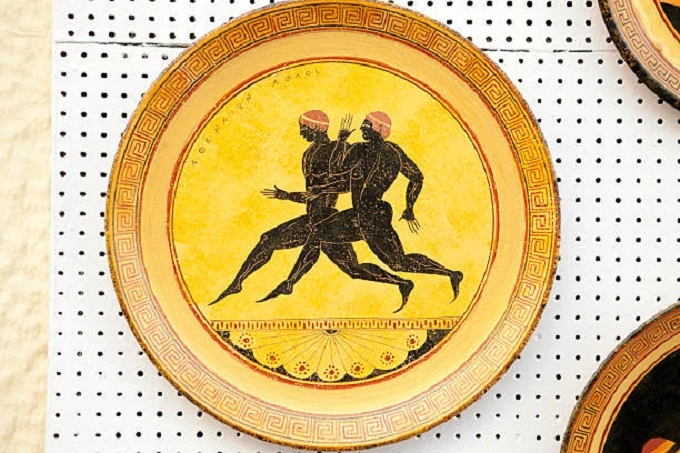
They were able to do their tasks without any extra weight
Many athletes, particularly novices, overlook the importance of training with their own weight. On the other hand, the Greeks understood what it was and how beneficial it was, so they created a calisthenics system. Its essence is that extra weight in the form of heavy items or simulators is unnecessary; the body’s own weight is enough.
Push-ups, pull-ups, lunges, planks, and other exercises, for example, enable you to strengthen your muscles without the need for extra sports equipment. And, as the same frescoes and sculptures demonstrate, it was a complete success.
Athletes in ancient Greece had one goal in mind: to win
Why do the majority of today’s male’s exercise? For self-admiration, to become more pumped up, lose weight, and impress females or other men. That is perfectly OK. But, more than 2.5 thousand years ago, the Greeks used strength, agility, and endurance to win numerous athletic tournaments. They aspired to perfection in order to create new records, test the human body’s capabilities, and express their opinions about body beauty.
This competitive spirit embraced not only a small percentage of the population, as it does now when young boys and girls dream of competing in the Olympics, but the majority of the population at the time. Everyone thought about how to become ahead of a neighbor in terms of strength and stamina and go to local games first, then to those held between various policies as they looked at a neighbor.
They ate well
Athletes have just lately begun to consider their eating habits and how they affect their performance. Although this understanding is not new, it was recognized as early as ancient Greek that sufficient nutrition is necessary for a healthy body to grow.
The Greeks, on the whole, ate very little throughout the day, and supper, which was regarded as the most significant meal, received the greatest attention. Fish, olives, eggs, vegetables, and fruits made up the athletes’ diet. The wealthiest athletes could only afford meat.
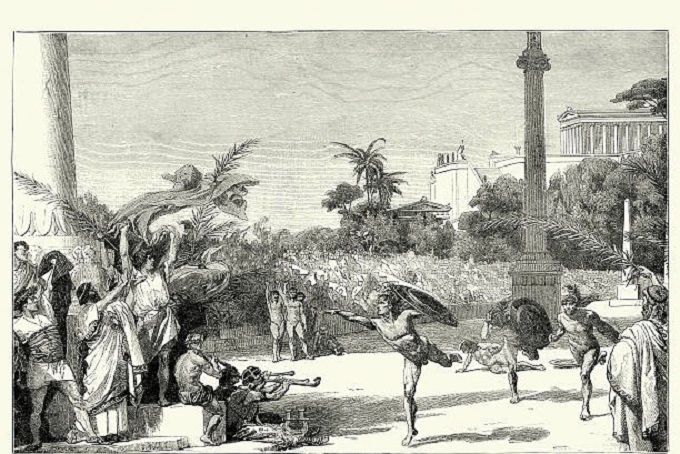
Professionals supervised the ancient Greeks’ training
Sport is becoming an entirely personal and voluntary activity. Sports training was formerly considered a civic responsibility thousands of years ago. That is why the states of Ancient Greek regarded the raising of strong young men, both physically and mentally, capable of defending their motherland with such reverence.
The support included not just financial and sporting equipment but also instruction with some of the top instructors in the country at the time. Furthermore, unlike the majority of people at the time, the Greeks had a thorough understanding of the anatomy and function of various muscle groups. They thus approached training with science rather than superstition in mind. This allowed for more efficient muscle workouts and the rapid development of strong, resilient muscles.
They worked out naked and massaged their bodies with olive oil
If you arrive naked or even in your underwear, you will be turned away from the gym, and the police may be contacted. However, everyone in Ancient Greece used to work out naked. This provided an indirect benefit and allowed the body to breathe and cool down more easily.
Every muscle in your body is apparent when you’re completely naked. When you see your colleagues getting greater results than you, you want to move ahead of them, so you start training harder. Looking at his neighbor, every young man felt envious and wanted to outdo him, igniting a fierce rivalry.
On the other hand, Olive oil not only preserves muscles and helps in body temperature regulation, but it also adds to the difficulty of any battle. When both competitors are wet, it takes more work to overcome an opponent. Because the weight was increased, the muscles were pumped up even quicker.

